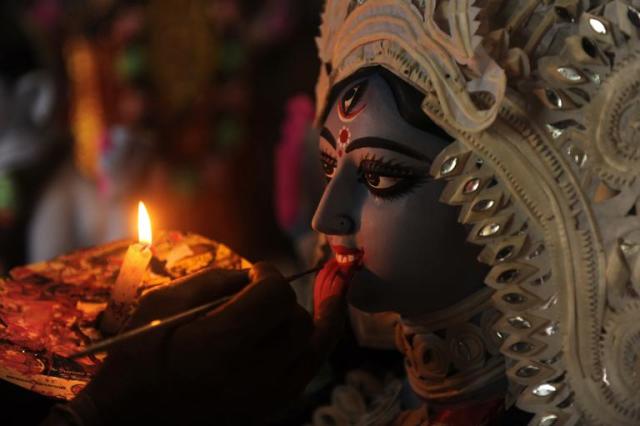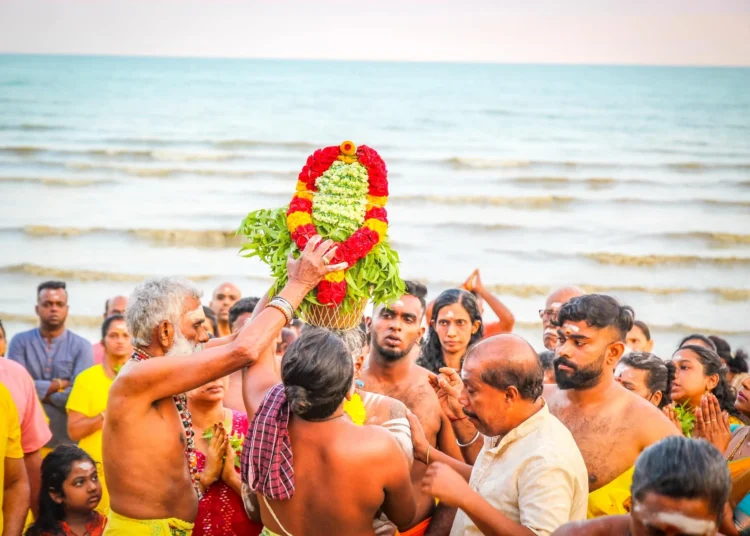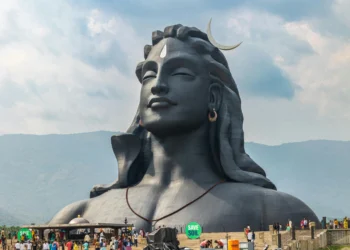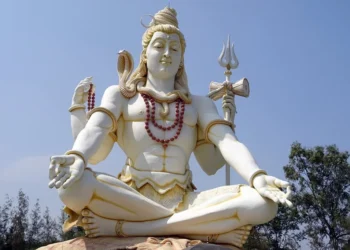Hindu culture, one of the world’s oldest and richest civilizations, has fascinated people with its depth, diversity, and spiritual richness. While many are familiar with certain aspects of Hinduism, there are lesser-known facets that add layers of intrigue to this ancient tradition. Let’s delve into some unknown facts about Hindu culture that shed light on its complexity and uniqueness.
1. Timeless Scriptures
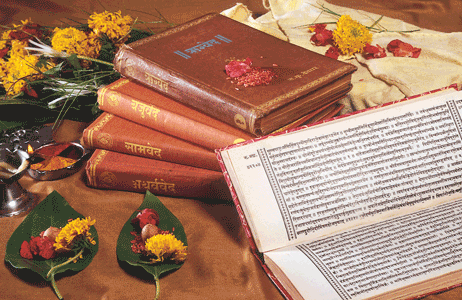
Hinduism boasts an extensive collection of scriptures, with the Vedas being the oldest sacred texts. What’s lesser known is that the Vedas, Rigveda in particular, are considered among the oldest written texts in the world, dating back over 3,000 years. The profound wisdom and intricate hymns contained within these scriptures continue to inspire spiritual seekers worldwide.
2. The Symbolism Of ‘Om’

The sacred symbol ‘Om‘ is widely recognized, but its profound symbolism might be less familiar. Representing the essence of the ultimate reality, ‘Om’ encompasses the three main aspects of the divine such as creation, preservation, and destruction. Its resonance is believed to echo the cosmic vibration that underlies all of existence.
3.The Science Of Yoga

While yoga has gained global popularity for its physical and mental health benefits, its roots in Hindu culture as a spiritual practice are often overlooked. The ancient text ‘Yoga Sutras‘ by Patanjali is a comprehensive guide to the philosophy and practice of yoga, exploring the path to self-realization and spiritual enlightenment.
4. The Multitude Of Deities
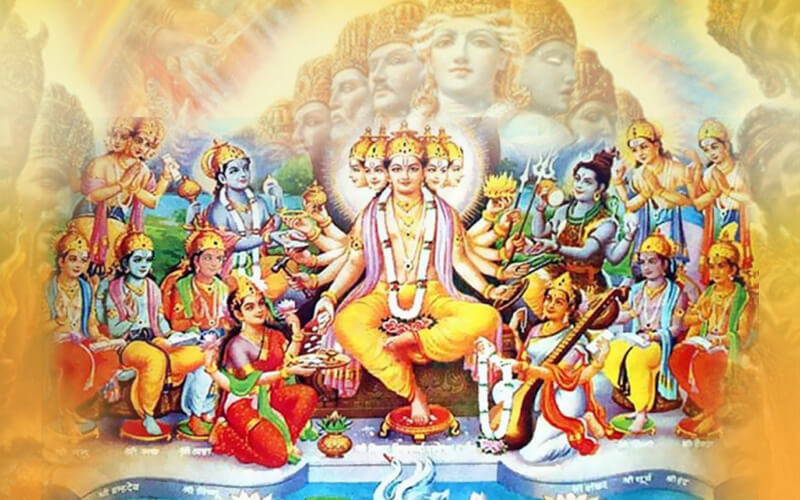
Spiritual Blogs of Sakhashree
Hinduism is renowned for its diverse pantheon of gods and goddesses, each representing different facets of the divine. What’s fascinating is the recognition that these deities are manifestations of a singular, formless ultimate reality, known as Brahman. The multitude of deities serves as symbolic expressions of various cosmic functions and energies.
5. Ayurveda – Science Of Life
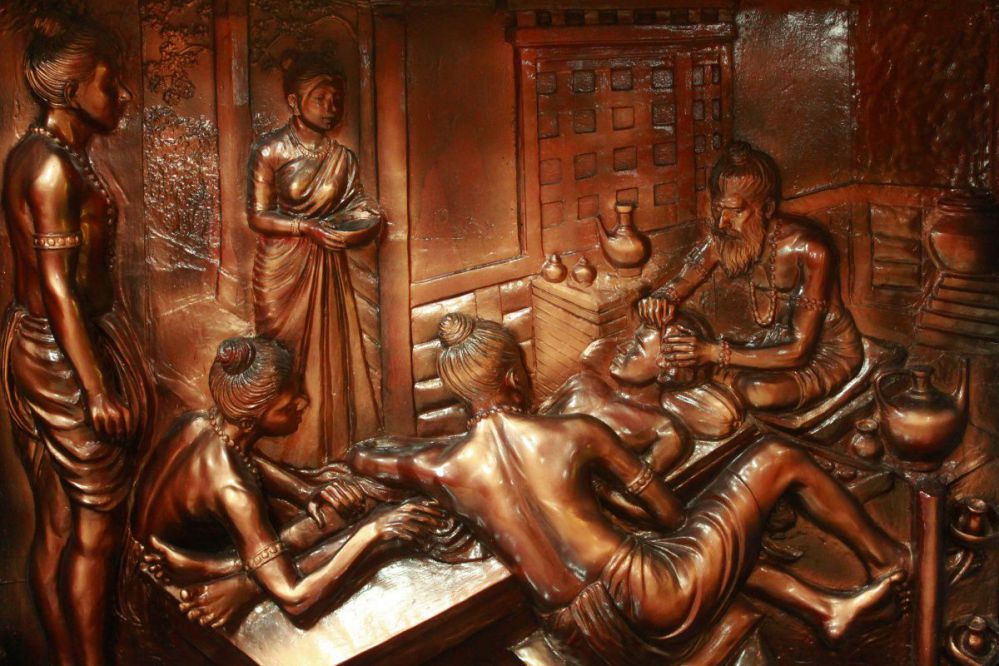
Ayurveda, often referred to as the sister science of yoga, is an ancient system of medicine originating from Hindu culture. Beyond physical well-being, Ayurveda emphasizes harmony between the body, mind, and spirit. Its holistic approach encompasses lifestyle, diet, and herbal remedies to achieve overall balance and well-being.
6. Kumbh Mela – World’s Largest Gathering

The Kumbh Mela, a Hindu festival and pilgrimage, is recognized as the largest peaceful gathering on Earth. Held every 12 years, this event attracts millions of devotees who gather to bathe in sacred rivers, believing it cleanses them of sins and bestows spiritual blessings. The sheer magnitude of this gathering reflects the deep spiritual fervor ingrained in Hindu culture.
7. Cycles Of Times – Yugas

Hindu cosmology introduces the concept of Yugas, representing different epochs or cycles of times. The four Yugas such as Satya Yuga, Treta Yuga, Dvapara Yuga, and Kali Yuga usually follows a cyclical pattern, each characterized by distinct attributes and spiritual opportunities. Understanding these Yugas provides insight into the cyclical nature of creation and dissolution.
8. Sacred Cow Symbolism
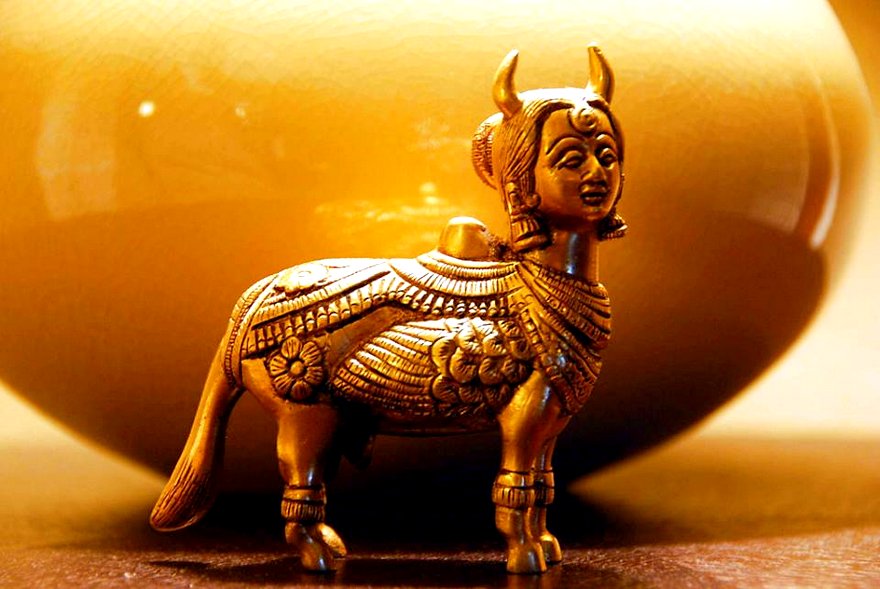
The reverence for cows in Hindu culture extends beyond the surface. While often associated with the earthly representation of the motherhood and sustenance, the cow also symbolizes non-violence and selfless service. In Hindu mythology, Kamadhenu, the divine cow, is considered the mother of all cows and a source of boundless blessings.
As we unravel these lesser-known aspects of Hindu culture, it becomes evident that its richness goes far beyond the surface. The intricate tapestry of Hinduism weaves together philosophy, spirituality, and cultural practices, inviting individuals to explore the depths of this ancient tradition and appreciate its profound wisdom.
Follow us on Instagram, Facebook or Telegram for more updates and breaking news.


